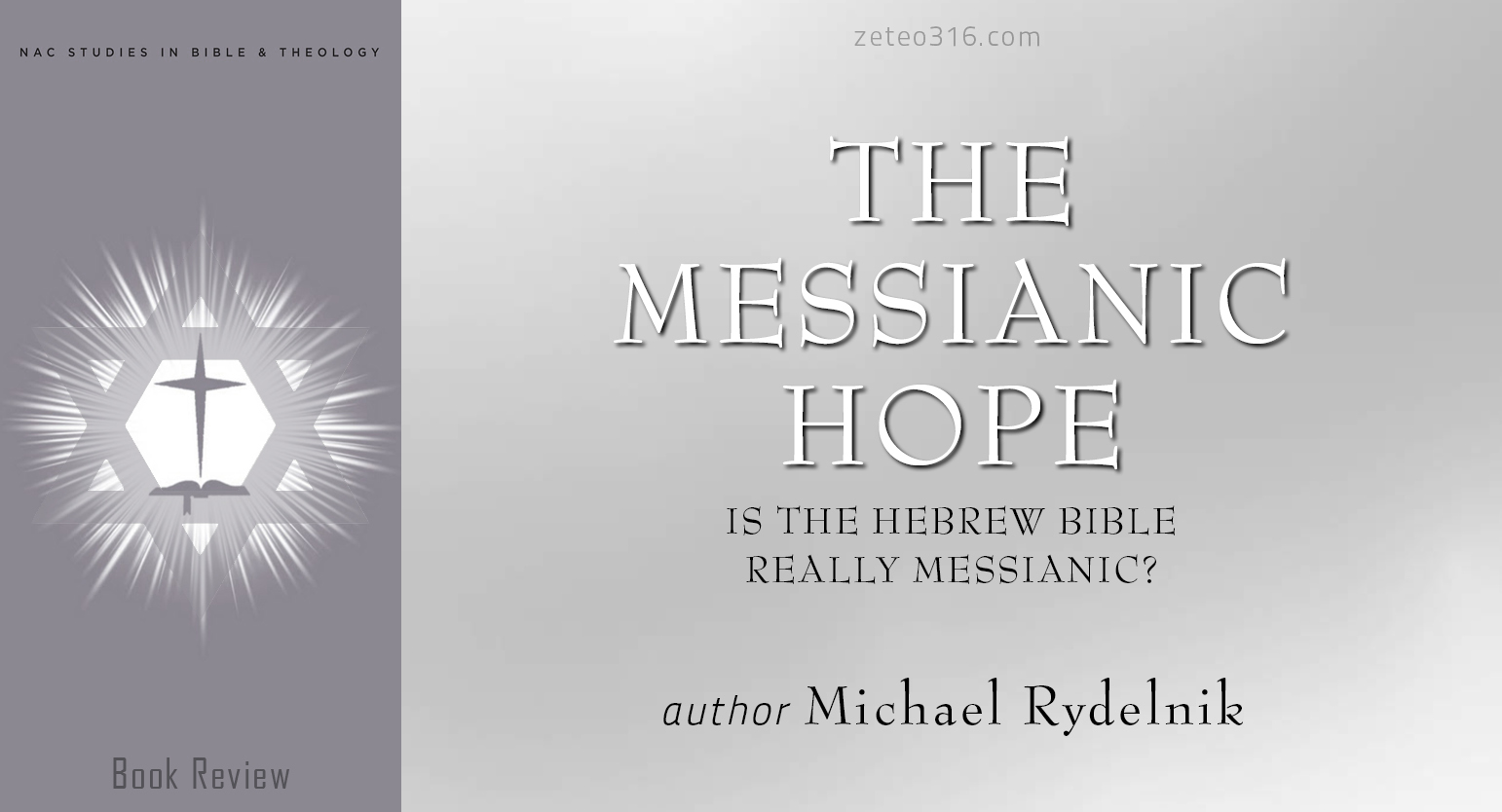The concept of messianism plays a pivotal role within the spiritual narratives of many cultures and religions, constantly igniting the hopes and aspirations of humanity across time. The Bahá’í Faith, emerging in the 19th century, presents a unique interpretative framework that significantly contributes to the understanding of these grand ideals. This article articulates how Bahá’í teachings illuminate the fulfillment of the world’s messianic hopes through themes of unity, progressive revelation, and social justice.
One of the distinguishing features of Bahá’í thought is the principle of progressive revelation, positing that divine guidance is dispensed progressively over time through a succession of Manifestations of God. These figures, including Abraham, Moses, Jesus, Muhammad, and Bahá’u’lláh, are pivotal in molding the spiritual and ethical landscapes of their respective eras. Each contributes uniquely to the unfolding narrative of humanity’s spiritual evolution, providing timeless teachings suited to the needs of the time. The Bahá’í perspective suggests that Bahá’u’lláh, the founder of the Bahá’í Faith, is the fulfillment of the messianic hope in the contemporary age, heralding a new cycle of spiritual awakening that emphasizes unity and inclusiveness.
The interconnectedness of humanity serves as a central theme in Bahá’í teachings. In a world rife with division and conflict, the aspiration for global unity resonates profoundly. The Bahá’í Faith asserts that while various cultures have clung fiercely to their unique messianic figures, it is essential to recognize their shared underpinnings—an overarching narrative that advocates for the welfare and unity of the human race. This consolidative approach calls for an appreciation of different cultural messianic traditions, which can serve as bridges rather than barriers among people.
Moreover, the Bahá’í interpretation of messianism expands the temporal dimension of these hopes. Rather than envisioning a singular event in a distant future, the Bahá’í Faith encourages believers to recognize the seeds of change in everyday actions and interactions. The notion of striving towards a just and peaceful world resonates deeply with the aspirations of many—creating a more holistic understanding of what it means to fulfill messianic hopes. The collective quest for justice, equality, and reconciliation echoes through the teachings of Bahá’u’lláh, who implores humanity to actively engage in the amelioration of societal ills.
Addressing the common observation of dissatisfaction with contemporary religious constructs, many are drawn to the Bahá’í vision, which transcends sectarianism. The Bahá’í approach offers a refreshing alternative by emphasizing the idea of “The Oneness of Humanity.” This core tenet resonates with seekers disillusioned by traditional religious conflicts. It articulates a vision where diversity is cherished, and unity is paramount, thus aligning spiritual pursuits with societal progress.
This emphasis on unity is further articulated through Bahá’í teachings on social justice. The Faith posits that in striving for a cohesive global society, one must confront and rectify injustices, including economic disparities and systemic inequalities. Moreover, the vision of a just world encapsulates the aspirations inherent in various religious traditions while inviting individuals to participate actively in the revolutionary potential of collective action. By fulfilling these social aspirations, Bahá’ís contribute to realizing the messianic hopes that have been embedded in human consciousness for centuries.
Fascination with messianic themes may also stem from an innate longing for transformation—an aspiration found universally throughout cultures. The Bahá’í Faith fulfills this desire not by promising an external savior but by urging humanity to embrace its potential to cultivate a better world. Bahá’u’lláh’s teachings stimulate a sense of agency, empowering individuals to recognize their responsibilities as both spiritual and social beings, intertwined in the grand tapestry of existence.
Furthermore, engaging with the concept of messianism invites a deeper reflection on one’s purpose. The Bahá’í perspective gently nudges believers to contemplate their roles within the larger framework of society. By viewing everyday actions as critical contributions to the greater good, individuals bridge personal aspirations with universal brotherhood, thus following a path laden with profound significance.
As communities worldwide grapple with the complexities of modernity, the teachings of Bahá’u’lláh provide a roadmap towards healing and hope. In articulating a divine promise of a steadfast future, Bahá’í teachings invigorate spiritual and social discourse. The principles of oneness, justice, and equity resonate harmoniously with the collective yearnings of humanity, addressing deep-seated needs while fostering a sense of belonging amidst diversity.
In conclusion, from a Bahá’í perspective, the fulfillment of the world’s messianic hopes goes beyond the anticipation of a singular future event. It calls for a conscious engagement with the present—an active partnership in creating a world that reflects the divine attributes. The interconnected teachings of unity, justice, and the transformative power of collective action forge a visionary path, inviting humanity to transcend limitations and realize its fullest potential. As the global community moves forward, Bahá’í principles serve not only as guidelines for individual conduct but as collective mandates for fostering a united and just world.
